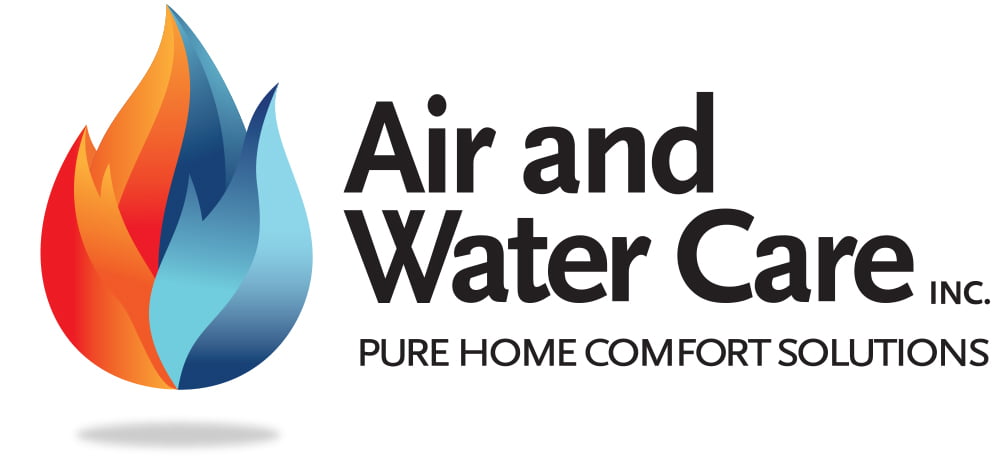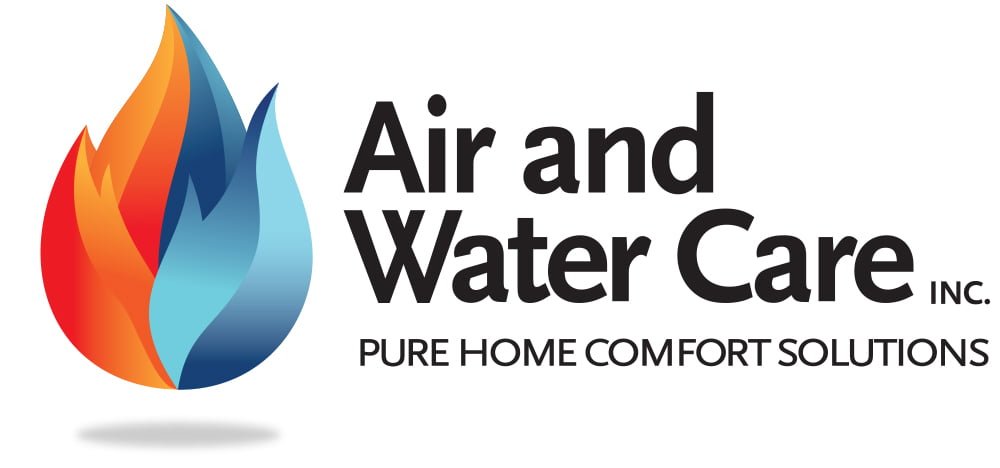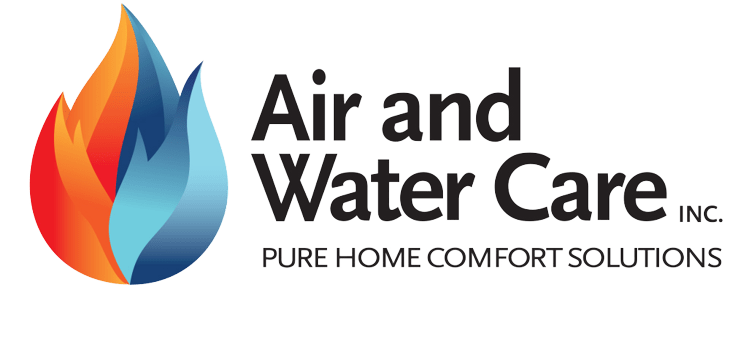A career as an HVAC technician can be gratifying, offering hands-on work, problem-solving challenges, and strong job stability. However, before you dive in, it’s essential to understand what the job entails. Whether you’re considering HVAC as a career path or looking for an apprenticeship in Kitchener-Waterloo, Cambridge, or Guelph, here are ten things you should know before becoming an HVAC technician.
1. The Work Can Be Physically Demanding
HVAC jobs require a lot of hands-on labour. If you work for a larger company, roles are often split into service technicians (who focus more on diagnostics and repairs) and installers (who handle system installations, which involve heavier lifting and more physically intense work). However, expect to do both if you work for a smaller company.
What This Means for You
- Be prepared for long hours of standing, crawling in tight spaces, and lifting heavy equipment.
- Consider whether you’d prefer service work or installation when applying to companies.
2. A Strong Understanding of Mechanical and Electrical Systems Is Essential
HVAC systems are complex. They include circuit boards, electrical components, heat exchangers, and gas connections. To succeed, you’ll need to understand how these systems work together and be able to diagnose and repair issues efficiently.
Key Skills to Develop
- Reading schematics and wiring diagrams.
- Understanding airflow and refrigerant cycles.
- Troubleshooting electrical components and gas systems.
3. Training and Certification Are Required
In Canada, you must be certified to work on HVAC systems. Here’s a breakdown of the necessary certifications:
- Gas Technician 3 (G3): Required to work under supervision on gas appliances.
- Gas Technician 2 (G2): You can work independently on most gas appliances.
- Gas Technician 1 (G1): Required to work on equipment over 400,000 BTUs.
- Air Conditioning and Refrigeration (313A/313D): A separate certification requiring apprenticeship hours and schooling.
How to Get Certified
- Enroll in an accredited HVAC training program.
- Gain practical experience under a licensed company.
- Complete the required apprenticeship hours.
4. The Industry Is Constantly Evolving
Technology in the HVAC industry changes rapidly. For instance, heat pumps are now a primary focus due to their energy efficiency, whereas they were rarely discussed a decade ago.
Staying Ahead
- Take continuing education courses.
- Attend HVAC trade shows and manufacturer training sessions.
- Keep up with changes in energy efficiency regulations and new technologies.
5. The Work Schedule Can Be Unpredictable
If you expect a strict 9-to-5 job, HVAC might not suit you. Emergencies happen, especially in extreme weather, meaning you could be called out for service at night, on weekends, or on holidays.
What to Expect
- When starting, you’ll likely be on call for emergency repairs.
- Peak demand happens in summer (A/C issues) and winter (furnace breakdowns).
- As you gain experience, you may have more control over your schedule.
6. Problem-Solving Skills Are Essential
No two HVAC systems are exactly the same. Every day presents a new challenge, whether diagnosing an electrical failure or repairing an aging furnace. Many companies service multiple brands, requiring you to adapt quickly.
How to Improve Problem-Solving
- Learn how to read technical manuals and installation guides.
- Gain experience with different HVAC brands and models.
- Develop a systematic approach to troubleshooting.
7. Customer Service Matters More Than You Think
HVAC technicians often work directly with homeowners or business owners. That means you’ll encounter happy customers and frustrated ones, especially when dealing with emergency repairs in extreme weather.
How to Excel at Customer Service
- Stay calm and professional in high-pressure situations.
- Learn to explain technical issues in simple terms.
- Practice de-escalation techniques for dealing with upset customers.
8. You’ll Be Working With Hazardous Materials
HVAC work involves handling potentially hazardous substances, such as natural gas, refrigerants, and chemical adhesives. It requires strict adherence to safety protocols.
Safety Considerations
- Always check for gas leaks using electronic detectors and soap tests.
- Wear proper protective equipment when handling refrigerants and chemicals.
- Follow local safety regulations and industry best practices.
9. Attention to Detail Is Critical
A poorly installed system can lead to inefficiency, breakdowns, or safety hazards. Precision is key, whether securing electrical wiring, ensuring proper airflow, or double-checking gas connections.
How to Improve Your Attention to Detail
- Double-check your work before leaving a job site.
- Follow checklists for installation and service calls.
- Ask for feedback from experienced technicians.
10. The Pay Is Good, but It Varies
HVAC is a well-paying trade, but your earnings depend on experience, certifications, and location. As an apprentice, you won’t make as much as a licensed technician, but salaries increase significantly with experience.
Average Salaries in Ontario
- Entry-Level Apprentices: $18-$25 per hour
- Certified G2 Technicians: $25-$35 per hour
- Experienced HVAC Mechanics (G1/313A Certified): $40-$50+ per hour
HVAC can be a lucrative career if you’re willing to put in the time for training and certification.
Is HVAC the Right Career for You?
HVAC is an excellent career choice for those who enjoy hands-on work, problem-solving, and job stability. However, it requires dedication, a willingness to learn, and the ability to handle physically demanding and sometimes unpredictable work conditions.
How to Get Started in HVAC
- Research accredited HVAC training programs in your area.
- Apply for an apprenticeship with a reputable HVAC company.
- Obtain your G3, G2, and eventually G1 certifications.
- Gain experience working with different HVAC systems.
- Continue learning and advancing your career through specialized training.
Final Thoughts
The HVAC industry is rewarding but comes with challenges. Knowing what to expect can help you decide whether this career is right for you. If you’re in Kitchener-Waterloo, Cambridge, or Guelph and looking for HVAC training or job opportunities, contact local companies for apprenticeships and hands-on experience.Interested in an HVAC career? Apply at Air and Water Care on the careers page.


